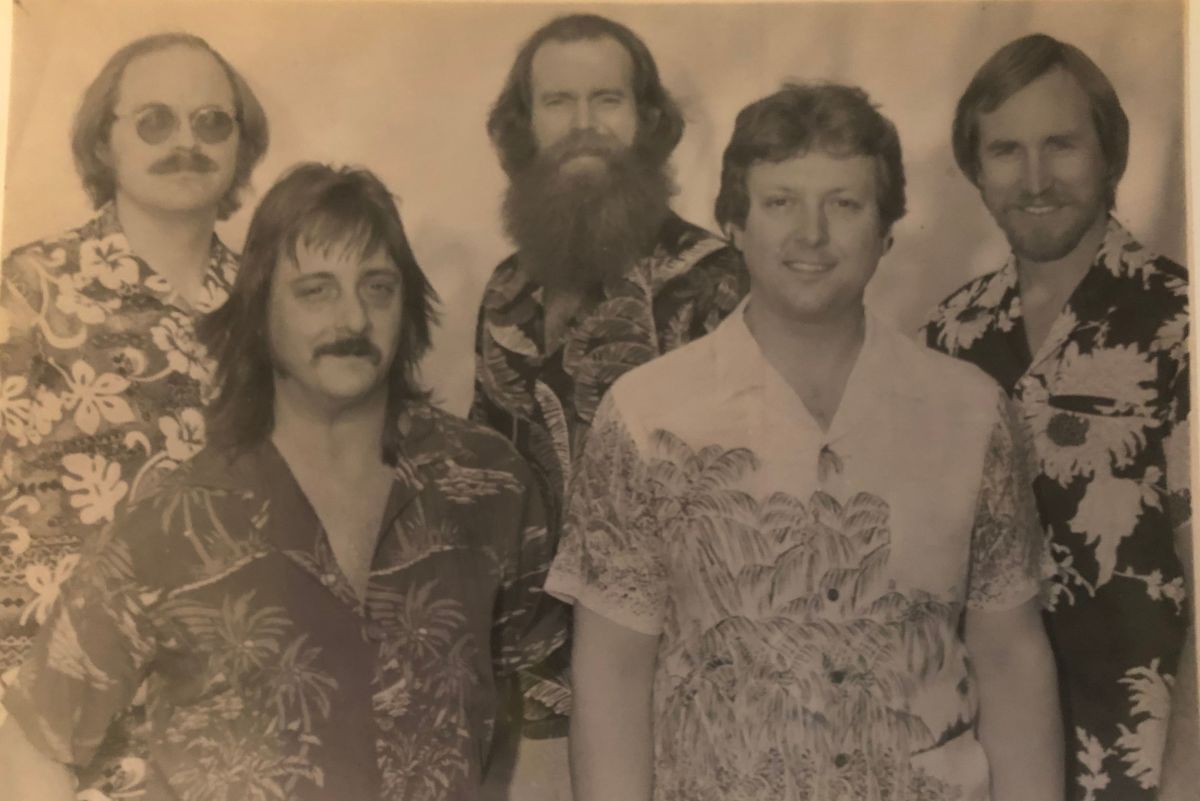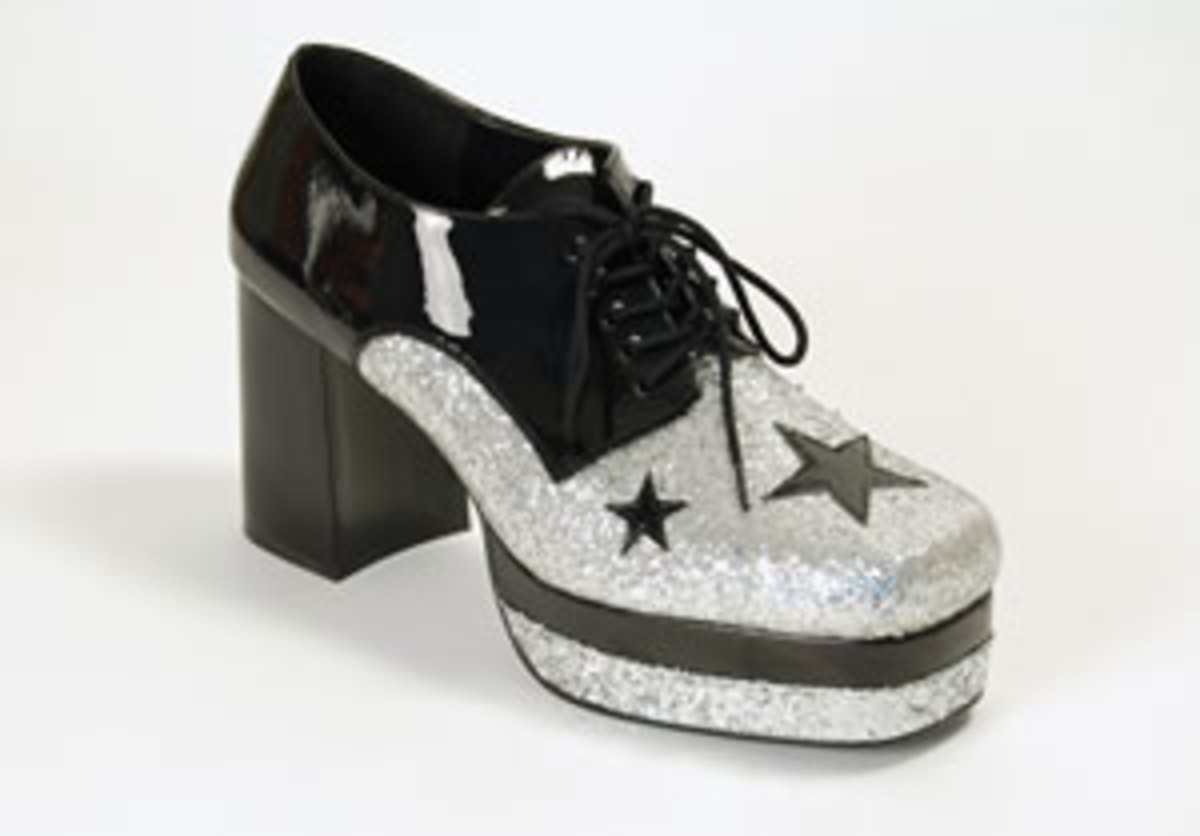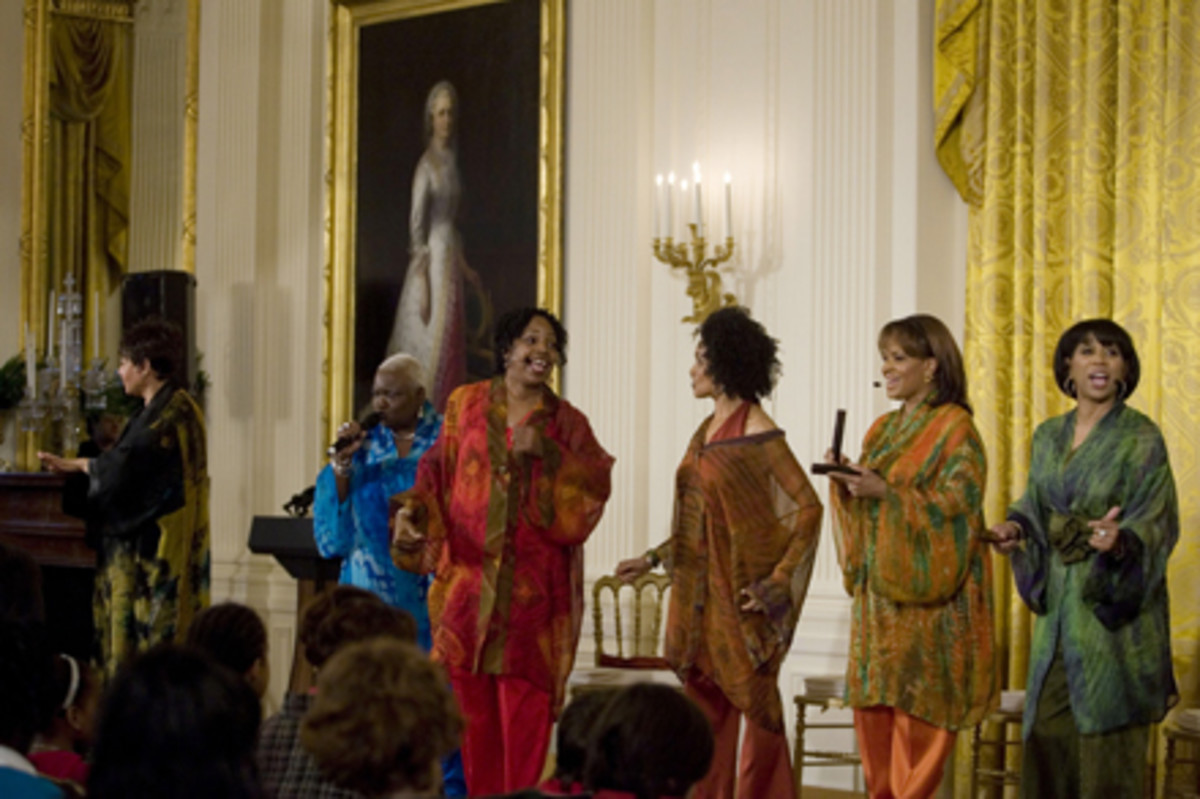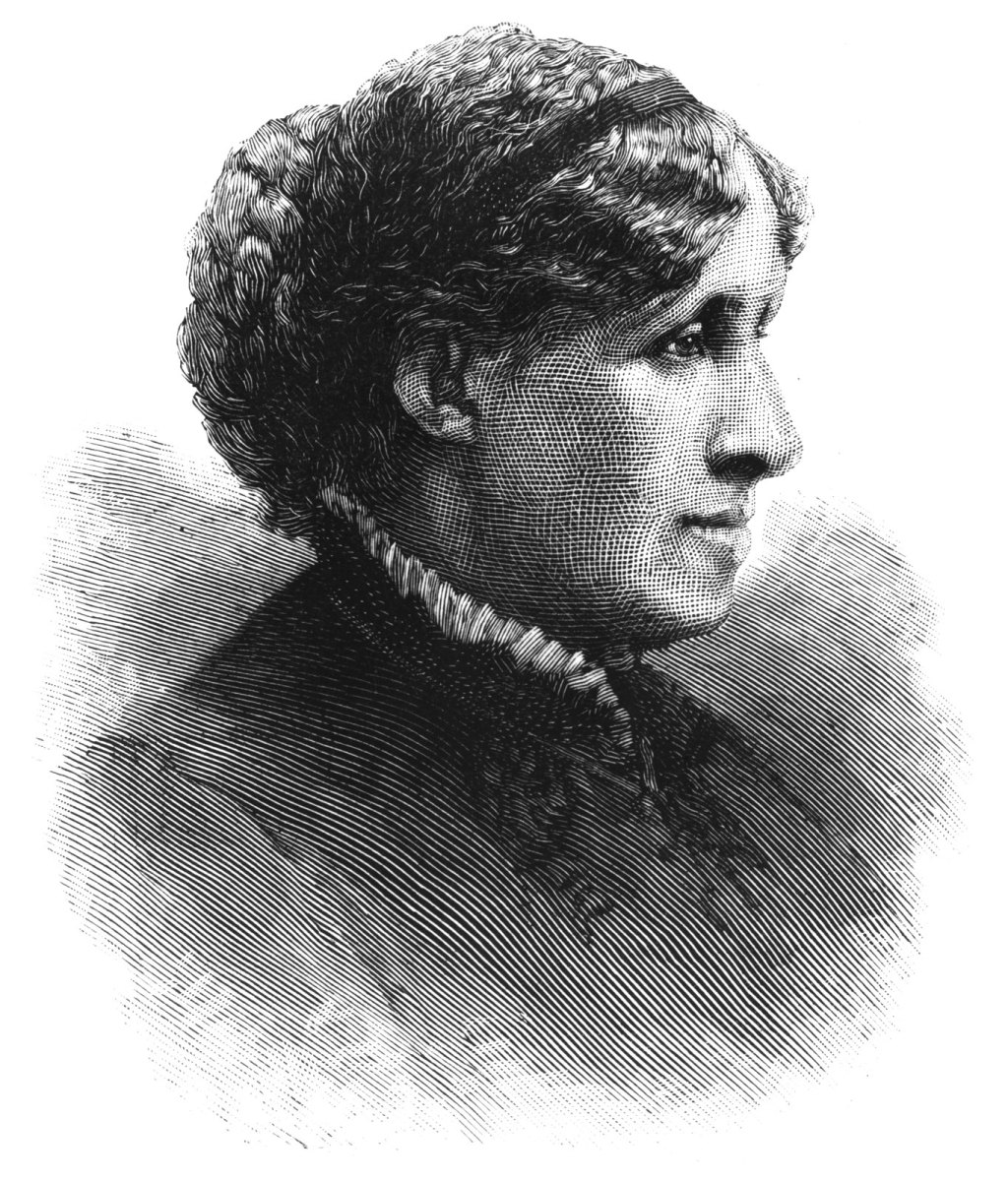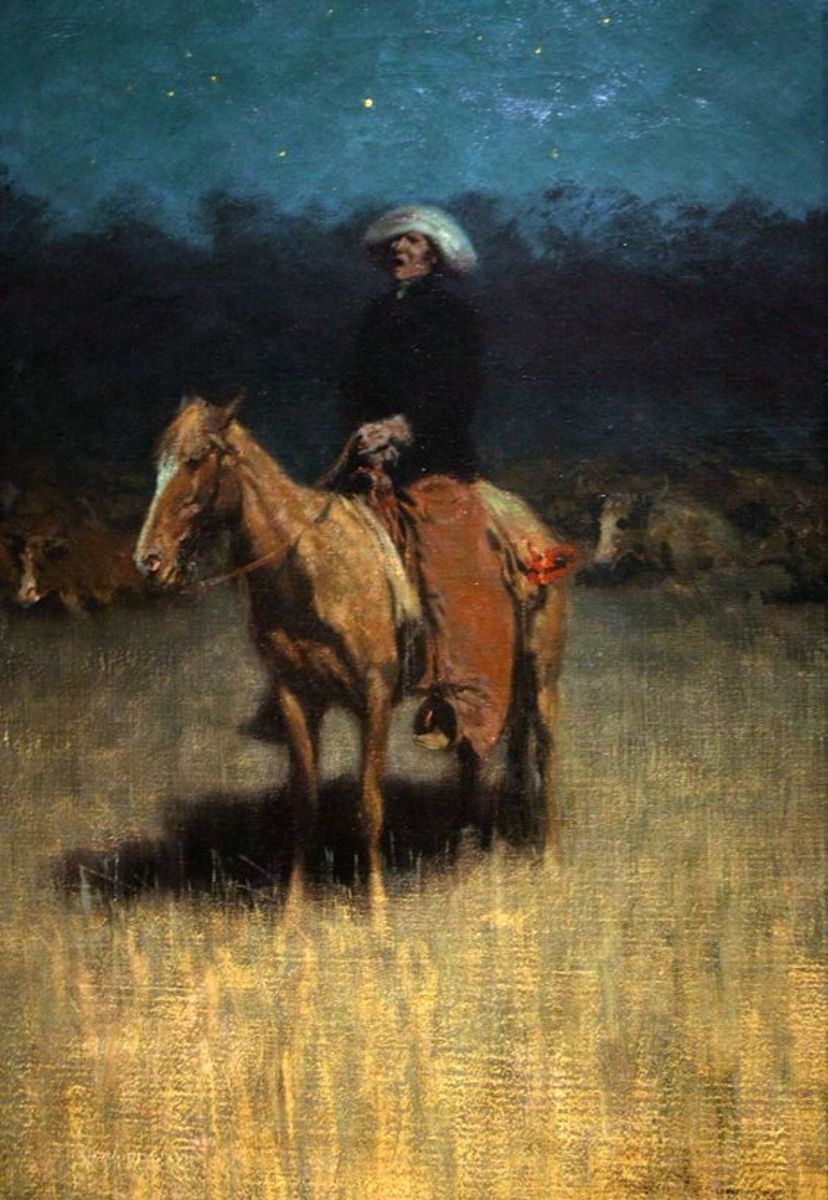The Hip Brit Soul Chicks of the 1960s

Adele Laurie Blue Adkins, known as Adele, released her debut album, 19, on January 28, 2008, just a week after her first single, “Chasing Pavements” hit the stores. The album hit number one on the UK charts in its first week, and reached four times platinum sales in the UK and double platinum in the US. The single "Chasing Pavements" won the 2009 Grammy for Best Female Pop Vocal Performance and was nominated for both the Record of the Year and Song of the Year. Adele won 2009’s Grammy for Best New Artist, and was vaulted into Superstardom with her 2011 follow up album 21.
Just five weeks later, Welsh-born Aimée Ann Duffy-- not yet 24 years old—released her owndebut album, Rockferry, on March 3, 2008. It hit the UK Album Chart at number one, selling 1.7 million copies in the UK alone. It was the best-selling album of 2008 in the British Isles and sold more than 7 million copies worldwide. The following year, it picked up the Grammy for Best Pop Vocal Album.
These two performers-- and more recent stars like Lianne La Havas-- may seem totally unique in the age of auto-tuned bubblegum rap-pop. But in reality, they built a large part of their success echoing a group of young female pop and soul vocalists that kept London-- and all of the UK-- swingin’ in the 60s. Here's more about the Hip Brit Soul Chicks of the 1960s:
Cilla Black
Cilla Black was born Priscilla Maria Veronica White on May 27, 1943 in Liverpool. She was introduced to Beatles manager Brian Epstein by John Lennon. Her second single, a version of Burt Bacharach and Hal David's song, "Anyone Who Had A Heart," shot up to #1 on the British charts in February 1964, just a few weeks before Dionne Warwick released her own hit version. Black followed up her smash with a second #1 hit, "You're My World," which reached #26 in the US (her biggest American hit).
From 1965 to 1971, Black scored eight more Top 10 hits in the UK, including a version of The Righteous Brothers' "You've Lost That Lovin' Feelin'" that hit #2, and perhaps the definitive version of Bacharach-David's "Alfie," conducted by Bacharach himself. In 1968, she hit with the Paul McCartney-penned "Step Inside Love" and hosted a popular British TV variety show.
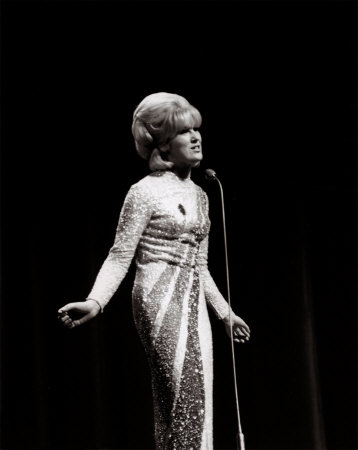
Dusty Springfield
Mary Isobel Catherine Bernadette O'Brien, known as Dusty Springfield, was born in London in 1939 and had a string of impressive hits on both sides of the Atlantic beginning with 1963's "I Only Want to Be with You." Throughout the 1960s, she was an international star, charting eight songs that hit the Top 10 in multiple countries.
In the US, she hit the Top 10 three times, beginning with 1964's "Wishin' and Hopin'" and ending with 1969's "Son of a Preacher Man." In between, she hit #1 in the UK and #4 in the US with "You Don't Have to Say You Love Me," and showed her smoky, sexy, sultry side with 1967's "The Look of Love," featured in the film Casino Royale.
Springfield had a love for American soul and R&B music, as demonstrated by the several cover versions she did over the years. When she felt she needed to boost her career, she traveled to the US to record the seminal album Dusty in Memphis, produced by the same team that recorded Aretha Franklin and backed by a band that had played with Wilson Pickett, Elvis Presley, and several blues greats.
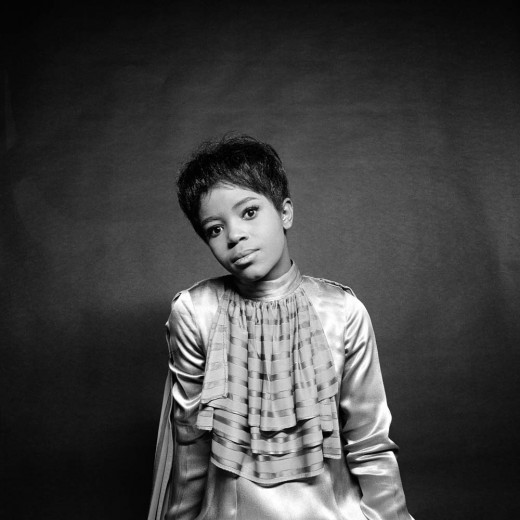
P.P. Arnold
P. P. Arnold was born Patricia Ann Cole in Los Angeles, California on October 3, 1946. Born into a family of gospel singers, Arnold joined the Ike and Tina Turner Revue as a backup singer and dancer in the mid-1960s. On a tour to the UK in 1966, Mick Jagger convinced his manager to sign Arnold to a contract, and she immediately quit the Turner band to begin a solo career.
In May 1967, Arnold scored her first hit with the Cat Stevens-penned "The First Cut is The Deepest," which reached #18 on the UK Singles chart. Subsequently, the song was covered by Cat Stevens himself, and very famously by Rod Stewart. Arnold's next hit was another song that was covered by dozens of other artists, "Angel of the Morning," which was a 1968 hit for Merillee Rush and a hit again in 1981 for Juice Newtwon. A third minor hit, "(If You Think You're) Groovy" was written by Steve Marriott and Ronnie Lane. Arnold's label Immediate Records had severe financial and manpower problems, and her records weren't distributed outside the UK. Immediate went belly-up in the late 60s.
Arnold made a transition into the musical theater and acting in the 1970s, but remained primarily in the UK through the rest of her career.
Sandie Shaw
Sandie Shaw was born Sandra Ann Goodrich on February 26, 1947 in Essex, England. As a 17-year old receptionist and part-time model, she won a talent show and was signed to Pye Records. Her first single failed to make the charts, but on her second try, her version of a failed Burt Bacharach and Hal David song, "(There's) Always Something There to Remind Me" shot to the top of the charts in the UK.
Throughout the mid-1960s, Shaw had hit after hit-- supported by frequent appearances on British music shows like Top of the Pops, Thank Your Lucky Stars, and Ready Steady Go!-- and became a symbol of the glamorous Swinging London pop music and fashion scene with her good looks and barefoot performances. After her first hit reached #1 in fall 1964, she followed with seven more UK Top 10 hits, including the worldwide (almost everywhere but the US) hit "Puppet on a String."
Lulu
Scottish singer and actress Lulu was born Marie McDonald McLaughlin Lawrie on November 3, 1948. She had her first British hit with a version of The Isley Brothers' "Shout" in 1964 at the age of 15.
In 1967 she made her acting debut in a film made as a vehicle for Sidney Portier, "To Sir With Love." In addition to playing one of the students in the film, Lulu provided the title song, which became a massive hit in the United States (surprisingly, it was not released as a single in the UK). "To Sir, With Love" was certified as a gold record and was one of the top selling singles of 1967.
Lulu had three more UK Top 10 songs in the 1960s, and scored a #3 hit with a 1974 version of David Bowie's "The Man Who Sold The World."



